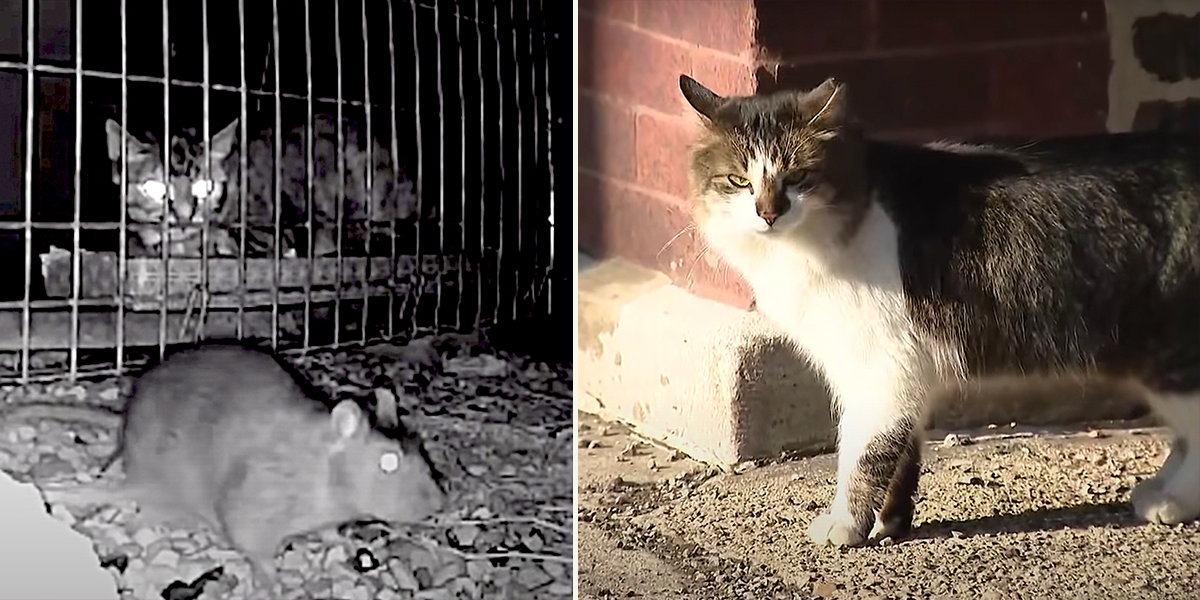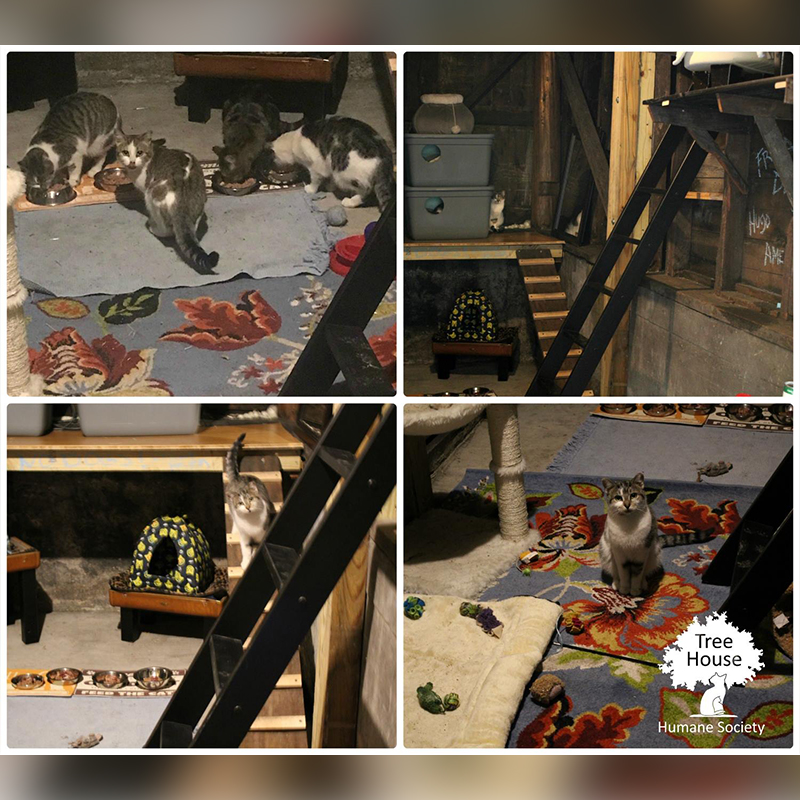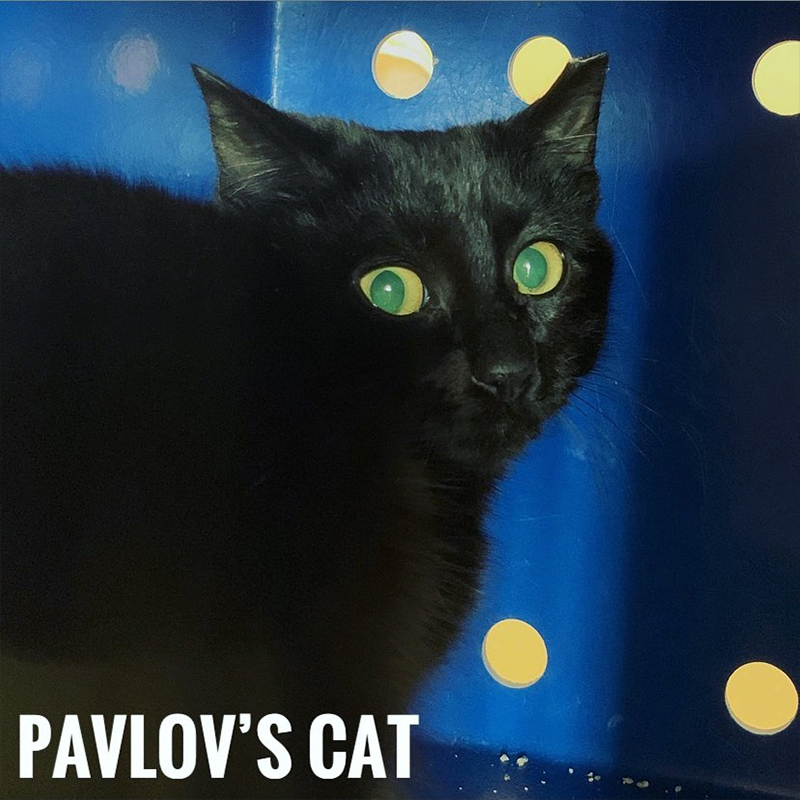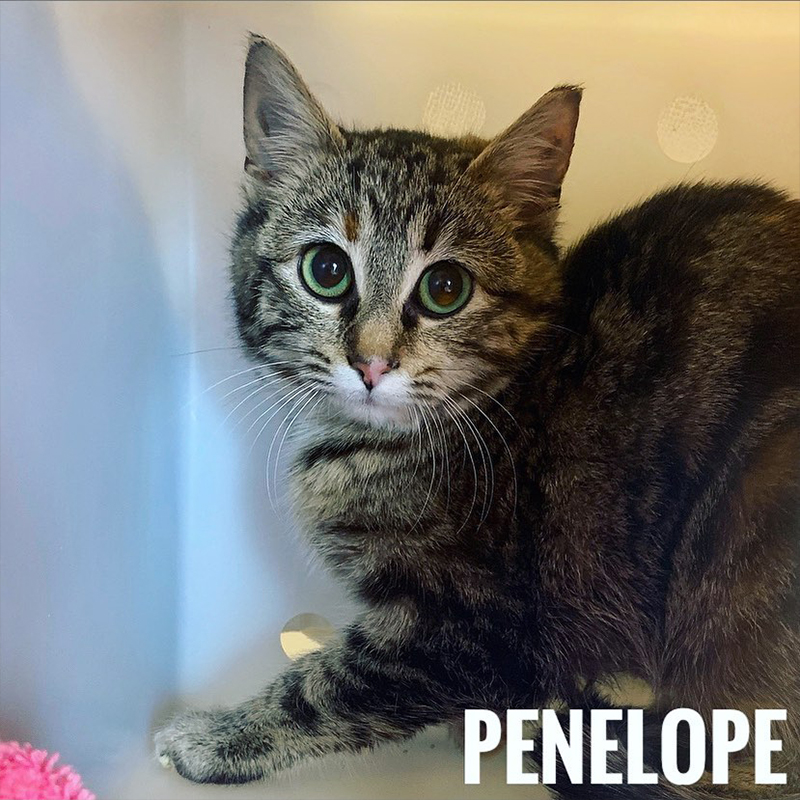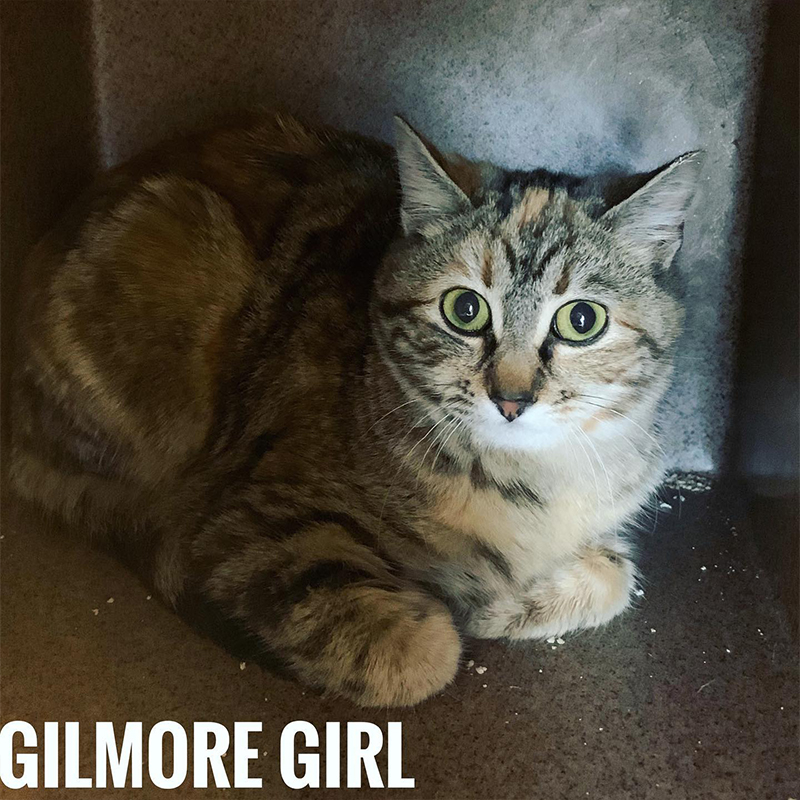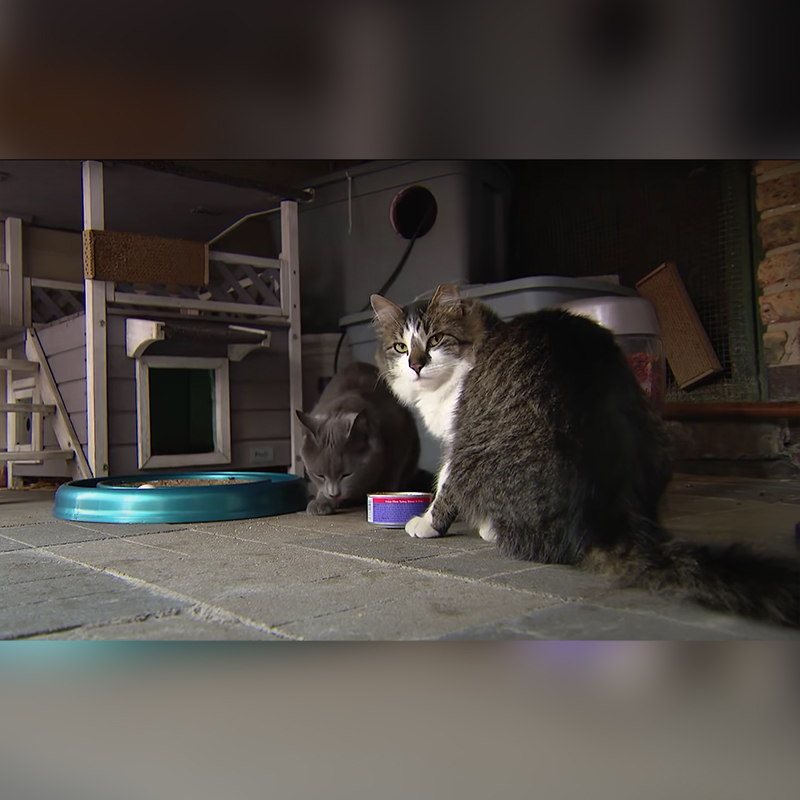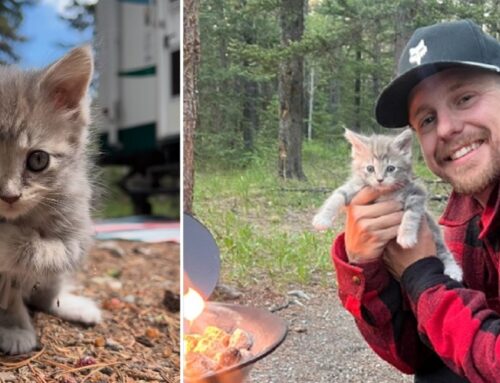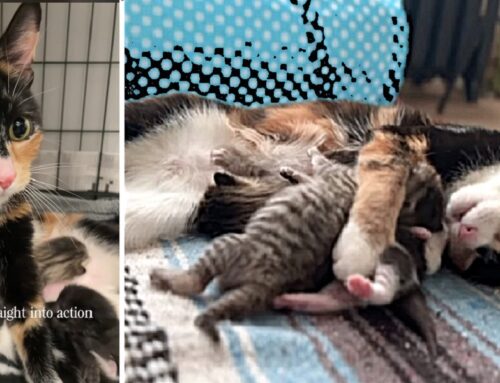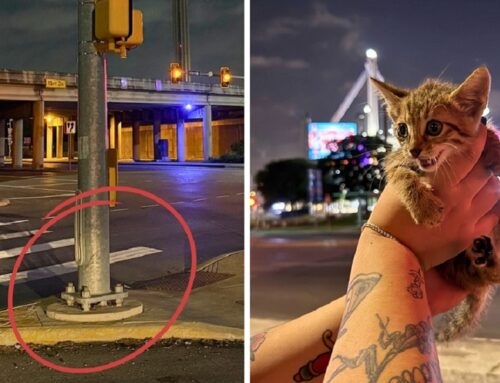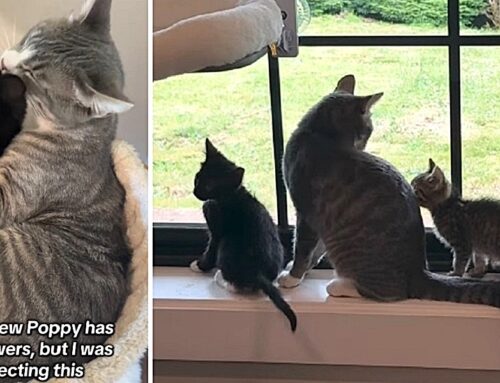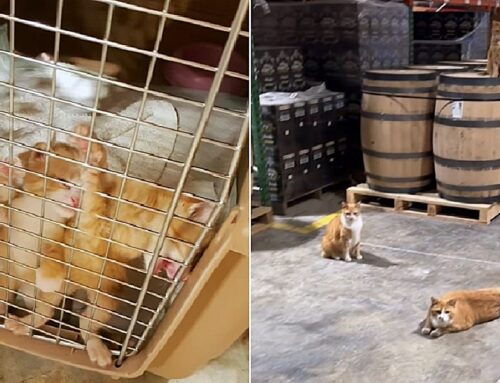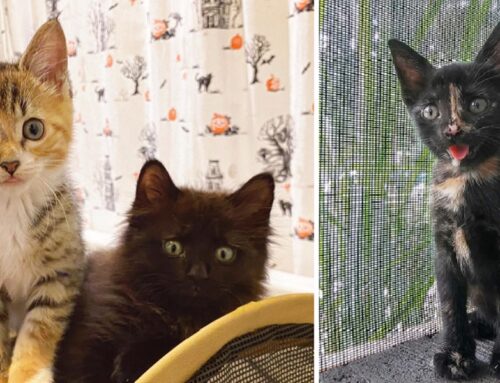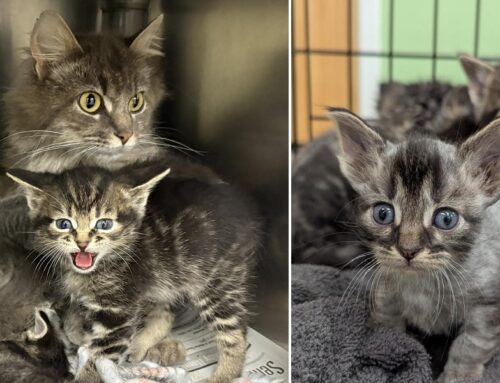What to do about a city overrun with rats which unfortunately carry transmittable diseases and cause all kinds of damage to structures? Well, in Chicago, rescuers created a program to place skilled workers in place to take out rats without using dangerous poisons or traps. As it turns out, such workers are easy to find nationwide; wherever you are, they will work for free. But they do need health benefits and a watchful eye from a caretaker.
We’re talking about feral cats, whose population is controlled through TNR (trap, neuter, return) programs. With a colony caretaker, these feral cats work for free to drive away the rodents merely with their scent. In a rodent-infested city, this service is invaluable and has been ongoing in Chicago since 2012.
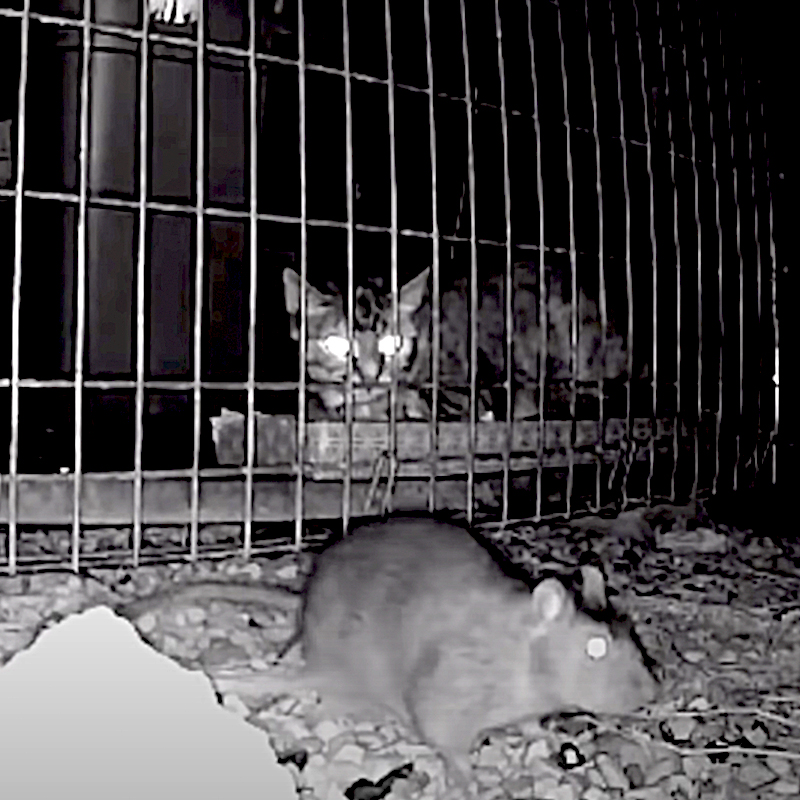
Screenshot via YouTube/WGN News
Important note: These permanently adopted working cats also require a colony caretaker, spaying, neutering, microchips, ear-tipping, and veterinary checkups as needed. They also have specially constructed insulated shelters from the elements to live outside with food and water. Sometimes, they even have WiFi cameras in place to monitor the shelters. Great care goes into every part of the program.
“Check out this crew – they have it made. These cats were trapped and spayed and neutered but did not have a safe place to return. We placed them through our Cats at Work program, and they now have a better life,” shared Tree House Humane Society.
Images via Facebook/ Tree House Humane Society
Through TNR rescue, friendly cats and kittens can find homes. But those that remain feral can go to work as rodent control thanks to programs like Tree House Humane Society’s “Cats at Work.”
Feral Cats at Work to Eradicate Rats and Mice
Historically, cats’ natural diet of rodents made them invaluable to people as they first began agriculture some 12000 years ago. Since then, cats have continued what they do best: finding willing human servants to take care of their every desire. But those that prefer the feral life remain the best natural rodent control around.
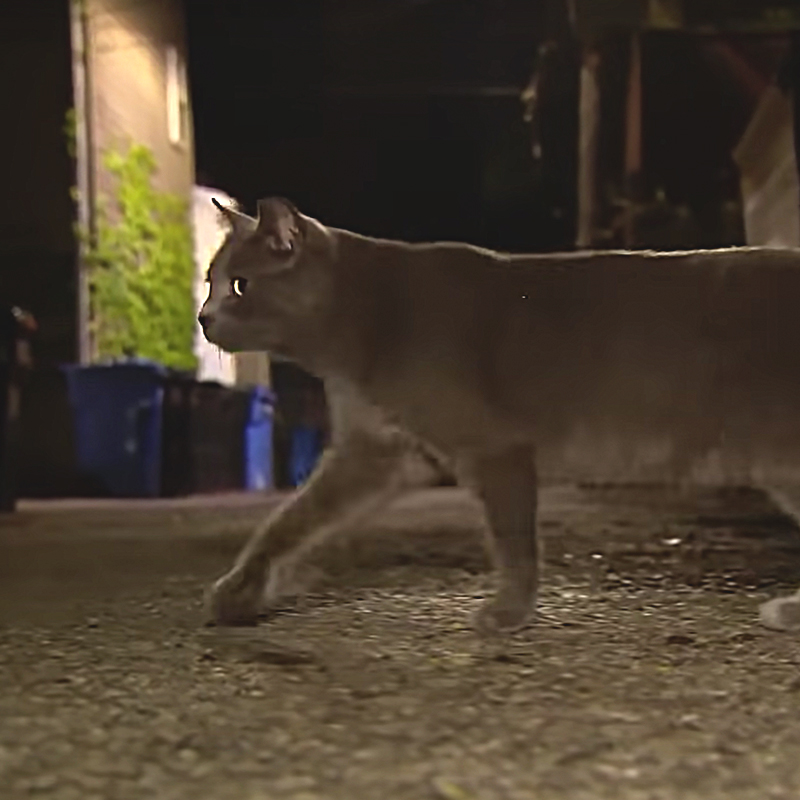
Cats at Work cat from YouTube/WGN News
Through Tree House Humane’s Cat at Work, feral cats get as-needed veterinary care but spend most of their time near their outdoor shelter. We’re not talking about neglected feral cats, which people often take advantage of as “shop cats” or warehouse cats. It’s a huge problem in itself since they are often not neutered or spayed, and rescuers have to save an endless stream of suffering kittens at great expense and sacrifice.
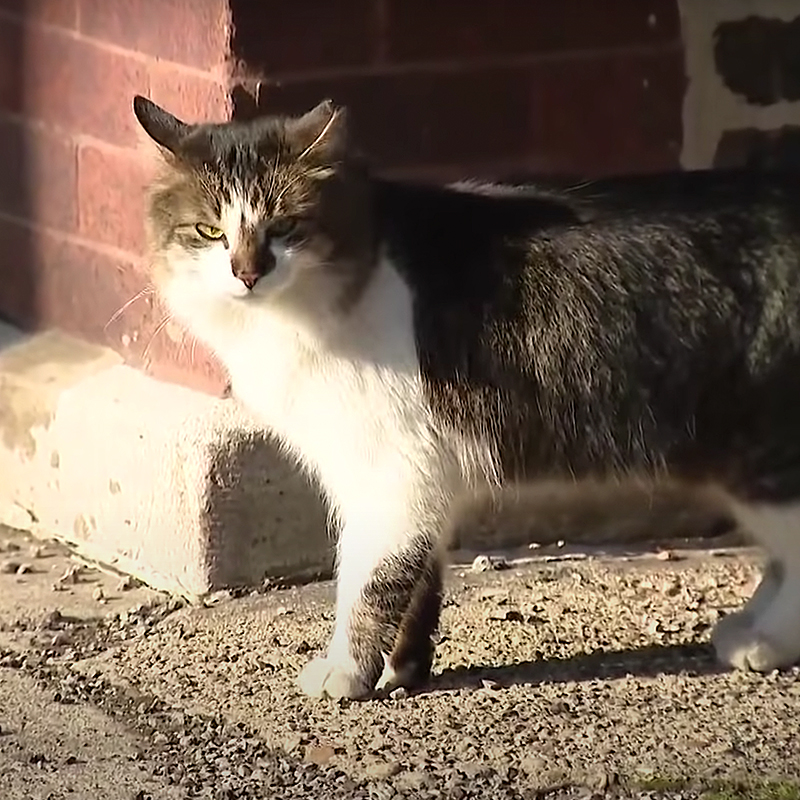
Cats at Work cat from YouTube/WGN News
Those interested in adopting feral cats for the Cats at Work program must apply, and then the rescuers consider many factors.
“Where their house is, where their business is, what their outdoor setup is like, is it a high traffic area, or a low traffic area? Do they have neighbors that also want to be involved? Because cats don’t just stay in your yard. They travel, they go into your neighbor’s yard, they go to other businesses, and so you have to make sure it’s really a community effort,” director Jamie Gray told Scripps News.
Video by WGN News:
Planned Strategic Relocation for Feral Cats
Chicago has long had a rat problem, listed as the “rattiest city in the US” for eight years. But the Cats at Work program is helping change that.
In the video below, you can see Field Specialist Paul discuss how the thriving Cats at Work program started as a “natural marriage,” helping feral cats that weren’t suitable as house pets. Businesses contacted the rescue to find pets to place as rodent control, so they carefully relocated feral cats for the job.
Wonderfully, they respect keeping cats in their chosen territories where possible and only move cats that require relocation. For example, feral cats from a shutdown and demolished business became Cats at Work cats. First, the rescuers slowly acclimate the cats to their new location before release. Then, they keep the cats returning to their shelter by ringing a bell or calling for them at mealtime.
Here is Pavlov’s Cat, one of the Cats at Work via Facebook.
Cats Scare Off Rats with Their Scent
Since beginning the Cats at Work program, over 1200 cats have taken up valuable work in Chicago. We love seeing how much care and attention they give these working cats, including ameowzing shelters (see video below).
Everywhere the cats go, their scent drives away rodents. In fact, the rescuers say that dumping used kitty litter in rodent boroughs drives rats away immediately due to predator pheromones. The cats will hunt rodents for fun, but their mere presence is enough to scare them away.
Once the cats go to work, caretakers are responsible for keeping an eye out for them. Twice daily, they feed them and ensure the water is clean, and they must trap the cats and take them for veterinary care. After the cats eat, the caretaker must remove the remaining food to prevent raccoons, skunks, and opossums from taking up residence. (Feeding before night helps). The caretaker also informs neighbors about the program and how it helps everyone. Sometimes the rescue needs to mediate.
A Permanent Home for Working Feral Cats
It’s not like traditional adoption, but it’s adoption nonetheless and a big commitment.
“Once you adopt these cats, they’re going to be with you for the duration of your time at the property,” explains Tree House Cats at Work Field Specialist Paul. “If you move from that property, you’re responsible for finding a caretaker.”
By having a permanent caretaker, the rescuers are freed up to continue to help area cats. If friendly cats appear, the rescuers can help find them homes. But today, rescues everywhere are overwhelmed due to cats that haven’t been spayed or neutered. With programs like Cats at Work, communities become informed about how helpful feral cats can be while they still need veterinary care, spaying and neutering, and a permanent caretaker.
If you think a program like this sounds great for your city, and why wouldn’t it, Gay recommends talking to your local shelter.
“See what TNR programs are currently available and see what live outcome options there are to do a relocation program,” Gay said.
You can learn more in the video below and follow Tree House Humane Society on their website, on Facebook and Instagram.
Video by Tree House Cats:


